The Bizarre Obsessions of History’s Most Dangerous Dictators
From swiss cheese to ice cream, dictators of the last century had some of the most bizarre obsessions. Fidel Castro was obsessed with ice cream and milk, Ugandan tyrant Idi Amin had a fixation with Scotland, and Joseph Stalin doodled cryptic comments and jokes on classical nude drawings.
Kim Jong Un reportedly gorged himself on Swiss cheese to the point of physical illness. Why? Because they could, of course!
El Presidente's Obsession with Dairy Products
Fidel Castro’s obsession with dairy products, from milk to ice cream, is legendary. From stories of his penchant for eating dozens of scoops of ice cream to his attempts at creating a Cuban version of the Holstein milking cow. El Presidente’s love of dairy is well-documented.
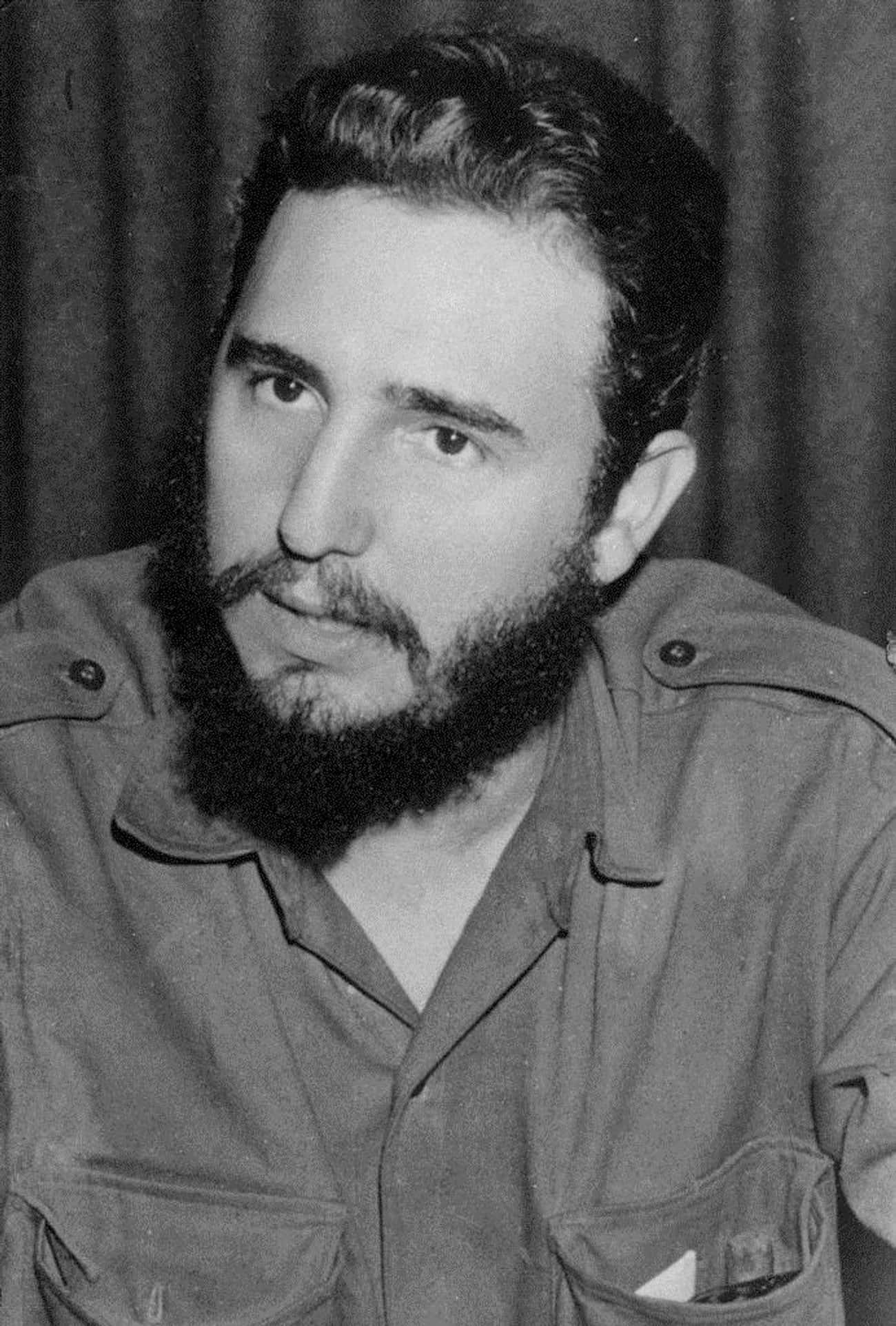
Source: Mondadori Publishers/Wikimedia Commons/Public domain
His efforts to make Cuba a leader in dairy production led to his ambitious plans of importing Canadian cows and even attempting to breed mini-cows for every Cuban family. Although his plans ultimately failed, Fidel Castro’s love of dairy is undeniable.
Gaddafi's Unrequited Love: The Story of a Dictator and His Obsession with Condoleezza Rice
Gaddafi was obsessed with African women, and had a special place in his heart for former Secretary of State Condoleezza Rice. He kept a picture book of her, referred to her as his “darling Black African woman”, and showered her with expensive gifts whenever she visited.

Source: Stevan Kragujević/Wikimedia Commons/CC-BY-SA 3.0
He even commissioned a song about her. Rice found the dictator’s affection a little creepy, but still had dinner with him. Gaddafi’s love for Rice may have been unrequited, but it was certainly memorable.
Kim Jong-un's Swiss Cheese Obsession
North Korean dictator Kim Jong-un’s disappearance from the public eye in the Autumn of 2014 was shrouded in mystery. However, a defector who’d been Kim’s personal chef revealed the cause to be massive weight gain from the dictator’s obsession with Swiss cheese.
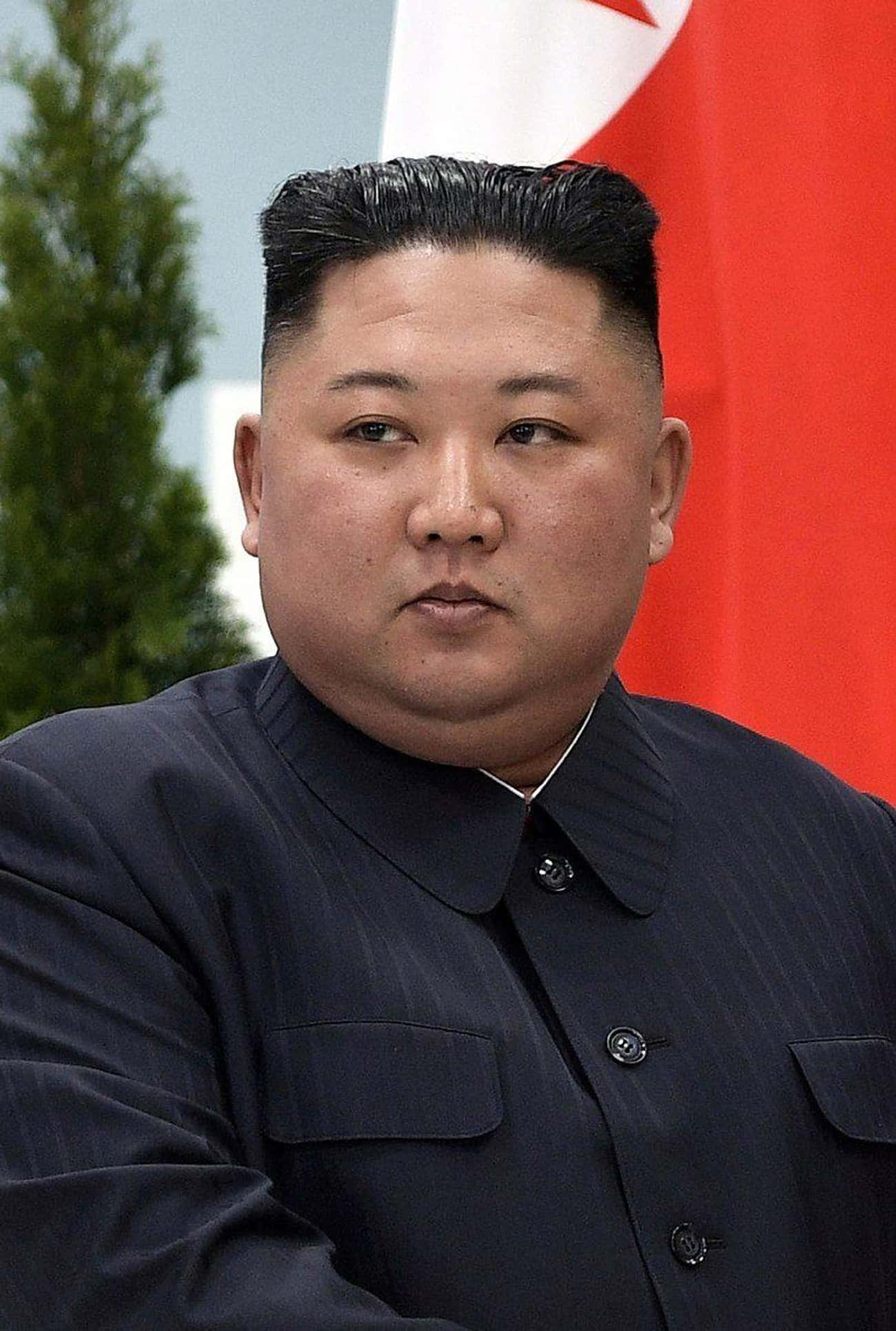
Source: Kremlin.ru/Wikimedia Commons/CC-BY 4.0
Sources said Kim imported the cheese in bulk and binged on it in sandwiches and fondue. His weight gain was so significant that he’d allegedly ballooned to over 300 pounds and was suffering from severe stomach problems and gout. When he returned to the public, he walked with a limp and was noticeably larger.
The Strange Writings of Uncle Joe: An Insight into Stalin's Humor
Uncle Joe, or Stalin, had a unique sense of humor, which he often demonstrated in his defacement of classic drawings of nude men. His comments and doodles were left in pen, and the range of responses were wide – from praise for the “Soviet David” to admonishments of touching oneself too much.
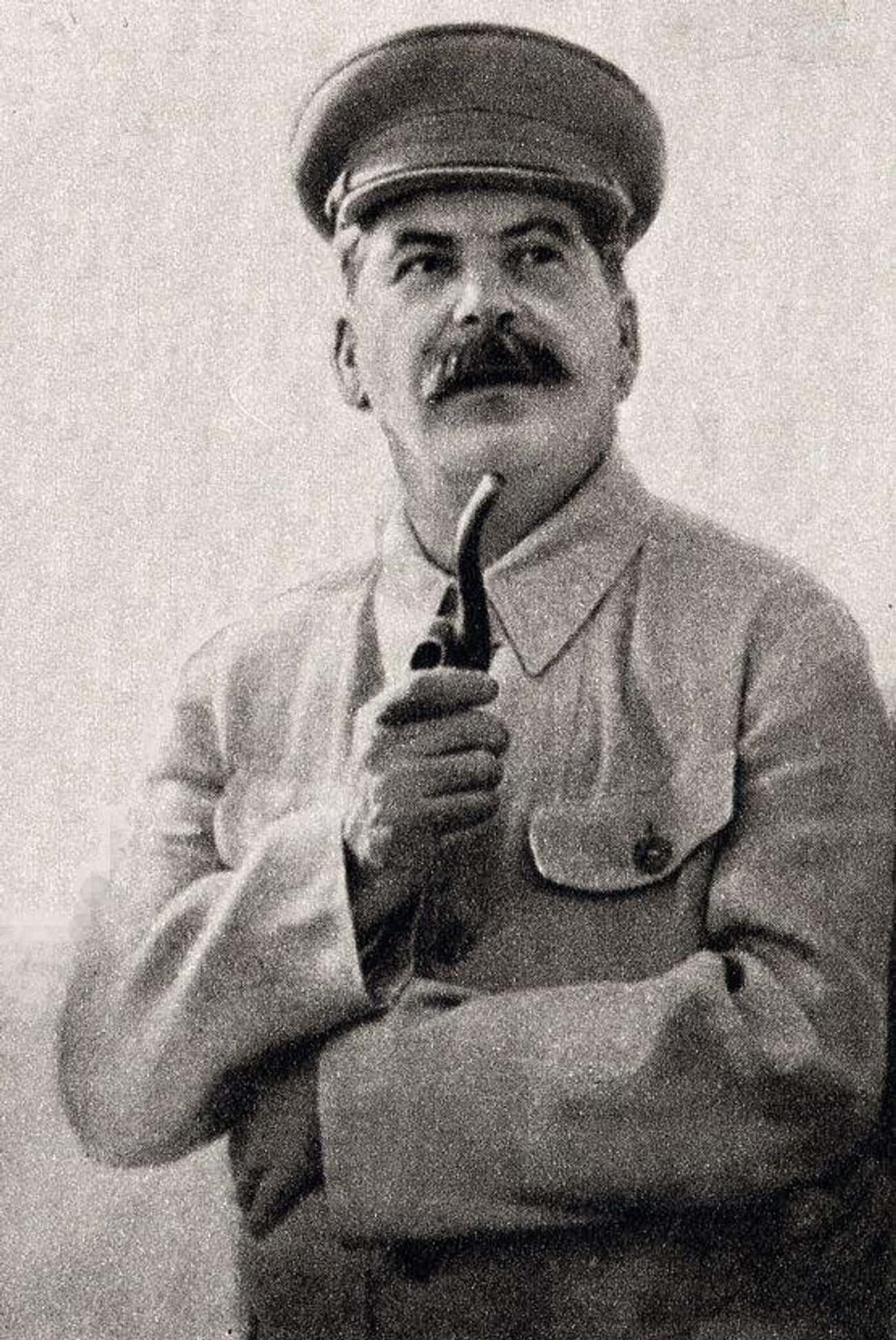
Source: Wikimedia Commons/Public domain
While some believe these comments were a way of showing his schoolboy sense of humor, others thought he used them to make veiled shots at enemies he had already purged. This peculiar pastime of Stalin only came to light in 2009, when the drawings were sold to a private collector.
Karl May's Western Adventures: Hitler's Childhood Obsession
Adolf Hitler had many obsessions, but the one that notably shaped his childhood was the western novels of German writer Karl May. May’s tales of brave heroes Winnetou and Old Shatterhand set in the American Old West left Hitler “overwhelmed” and he even praised the author for his “boundless imagination” after the truth about May’s fraudulence was revealed.
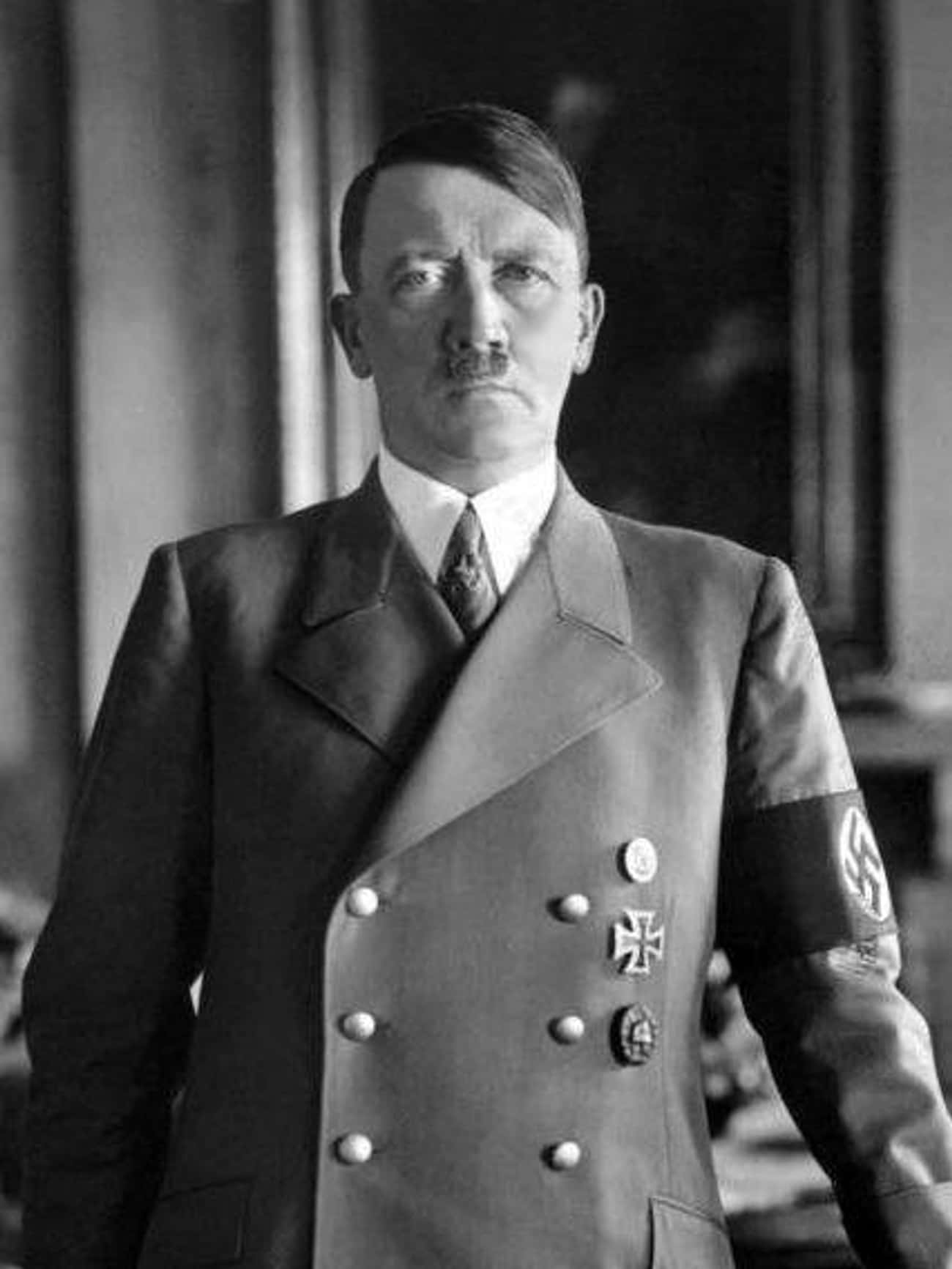
Source: Wikimedia Commons/CC BY-SA 3.0 DE
Hitler’s obsession with May’s books continued into World War II and even as Germany faced destruction, Hitler ordered hundreds of thousands of May books printed. To this day, Karl May’s western adventures remain popular in Germany.
Ceausescu's Obsession: How a Dictator's Paranoia Led to His Death
The Romanian strongman Nicolae Ceausescu was like any other Cold War era Eastern Bloc dictator, ruthless and oppressive. He was unique in his over-the-top paranoia, to the point where he would wear a different suit each day and have the worn suit burned, all in the fear of being poisoned.
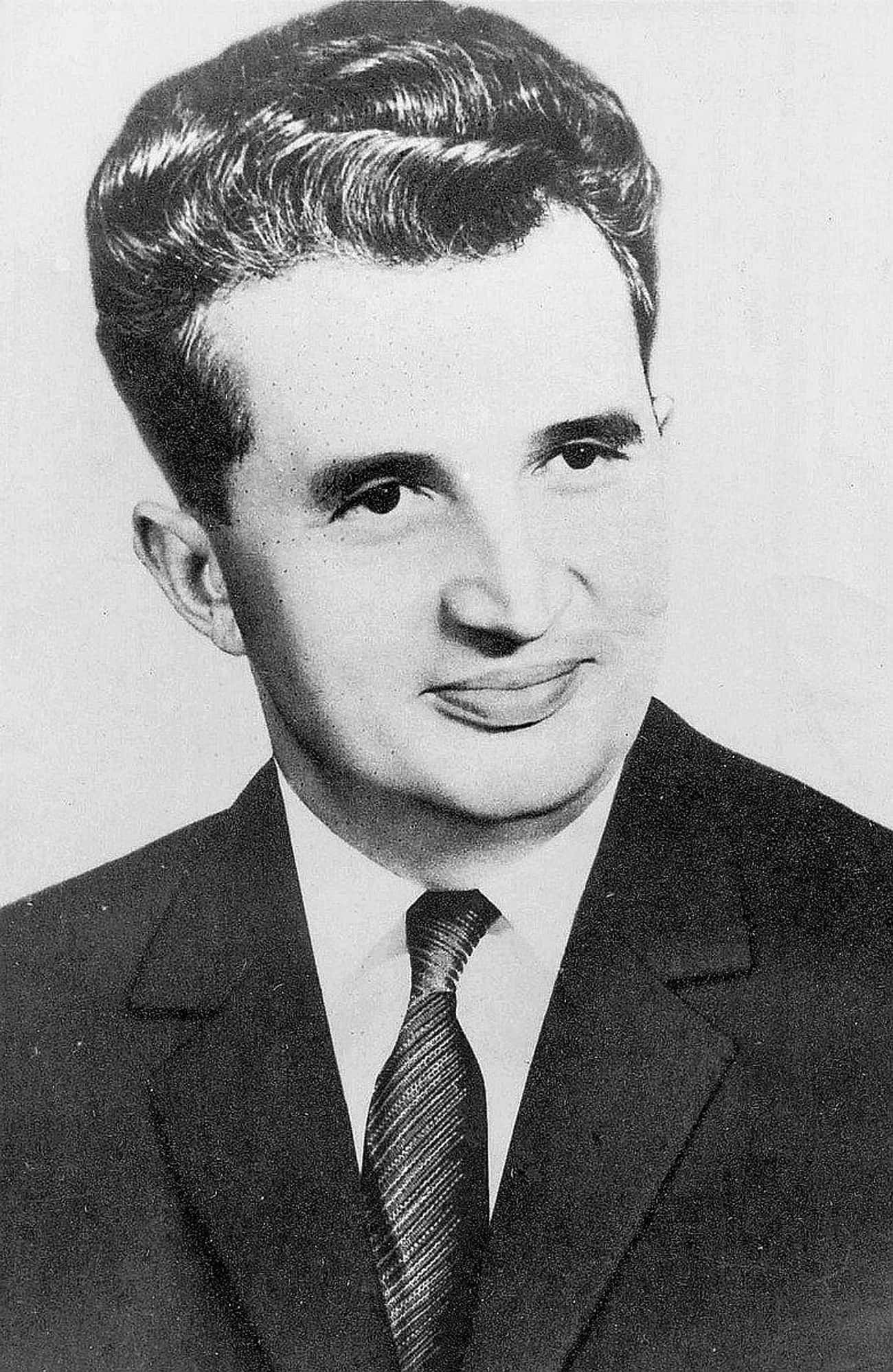
Source: Wikimedia Commons/Attribution
His staff were assigned to protect his clothing from radiation and bacteria, and his family employed its own engineer to scan clothes and food for chemical, biological, or radiological hazards. In the end, his obsessive paranoia led to his downfall, and he was eventually shot by a firing squad.
Idi Amin's Unrequited Love for Scotland
Idi Amin’s obsession with Scotland was extraordinary. From Scottish commanding officers in the King’s African Rifles to whiskey, dancing and even offering to be their king. He sought to connect Scotland to Uganda through colonial power and derision of England.
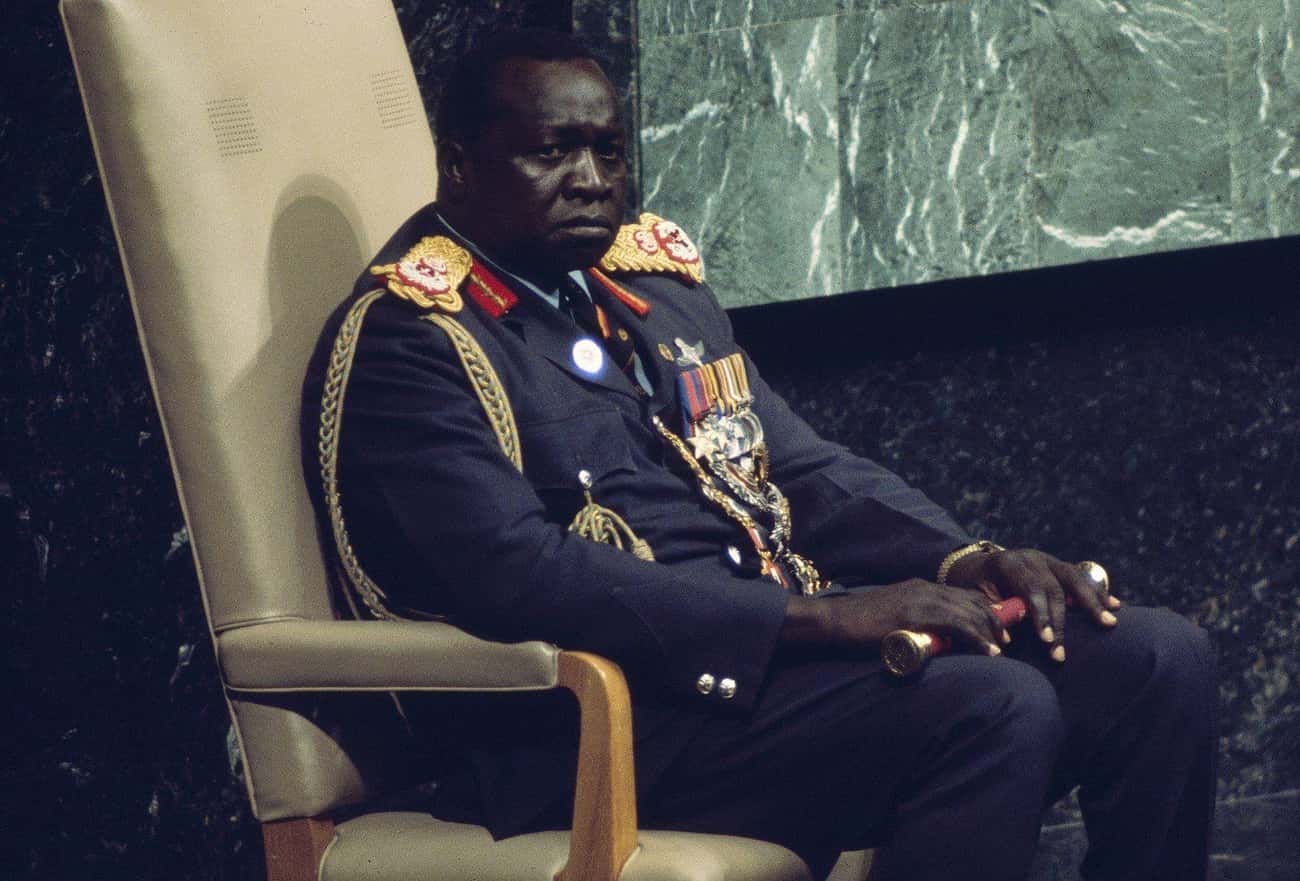
Source: Bernard Gotfryd/Wikimedia Commons
Despite his efforts, his love was not returned, and in 1977 he was banned from a Commonwealth event. He even threatened to invade the UK, stationing 250 of his bodyguards at Edinburgh and Glasgow airports. However, in 1979, Amin was deposed and fled to Saudi Arabia.
Mao's Mark: How Chairman Mao Revolutionized Chinese Calligraphy
Chairman Mao was driven by a passion for Chinese calligraphy, and his influence on the art form is still felt to this day. He was an avid poet and writer, and often had political documents written in ink and brush rather than typewriter.
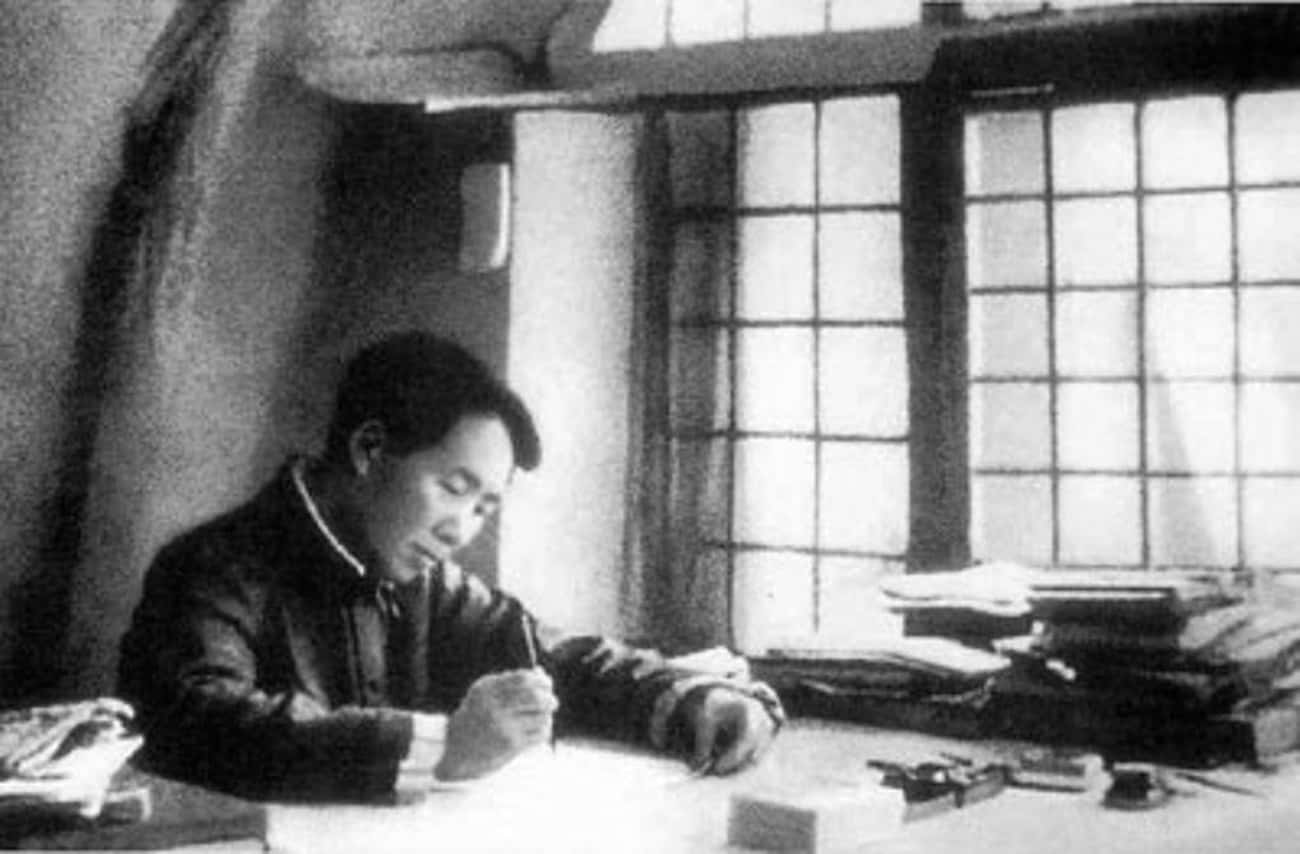
Source: Wikimedia Commons/Public domain
His distinctive script was used everywhere from the People’s Daily newspaper to mosquito nets. He even had his own style of calligraphy named after him – “Mao-style”. Even after his fall from grace, Mao-style calligraphy is still celebrated in modern China, appearing on cigarettes, cars, in museums, and word processor fonts.
The Number Seven: Marcos' Obsession with Numerology
Ferdinand Marcos, the former dictator of the Philippines, had an obsession with the number seven. He wanted to make sure his seizure of power took place on days that ended in seven or were divisible by seven.
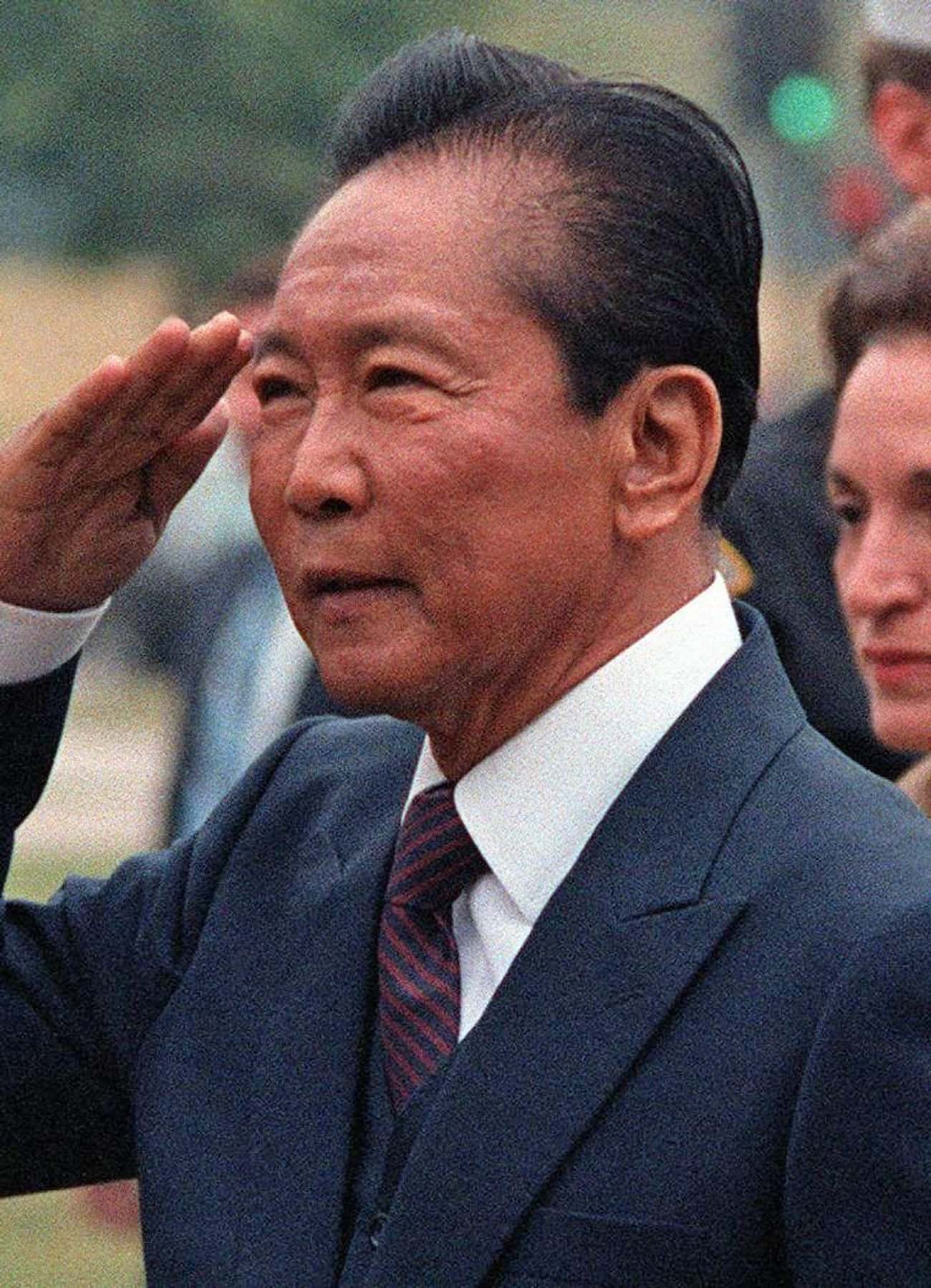
Source: Bluemask/Wikimedia Commons/CC-BY-SA 3.0
To make this happen, Marcos staged an attack and declared martial law on the 21st of September, 1972 – a day divisible by seven. His reign of 21 years ended in 1989, and even after his deposition, the superstition still played a role in the Filipino legislature. In 2005, Cabinet Bill No. 7 was proposed to the National Assembly, with a campaign length of 57 days and an election date of February 7.
The Eccentricities of Niyazov: The Tyrant Who Remade His Nation in His Own Image
Saparmurat Niyazov, the president-for-life of Turkmenistan, was a megalomaniac who took his own cult of personality to grandiose lengths. From 50-foot gold-plated statues of himself to a self-authored book made mandatory reading for driving licenses, Niyazov’s eccentricities knew no bounds.
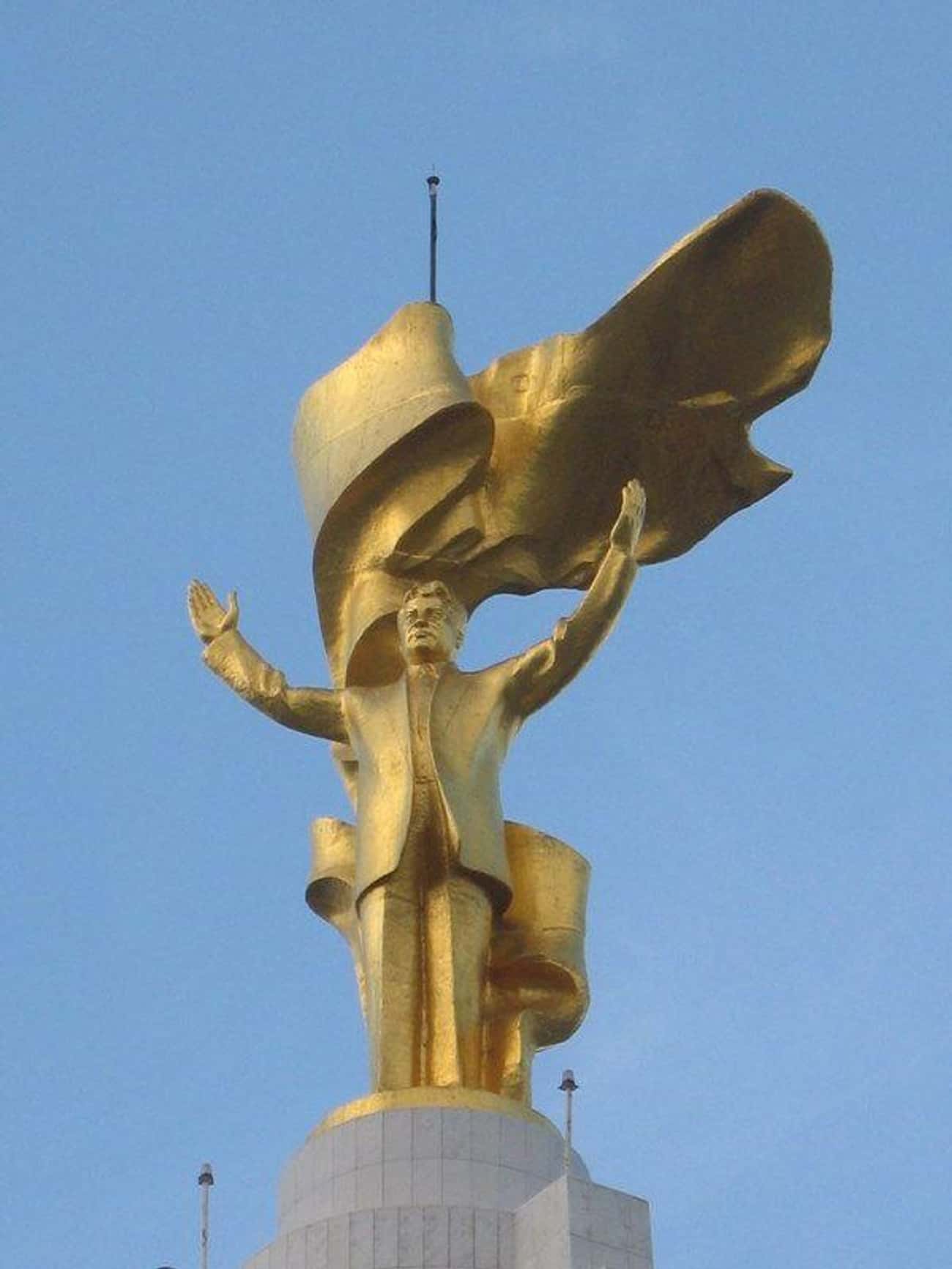
Source: Martijn Munneke/Wikimedia Commons/CC-BY 2.0
Even after his death in 2006, his legacy lives on with a $100 million Kipchak mosque built in his honor. Turkmenistan will never forget the tyrant who wanted to remake his nation in his own image.
Kim Jong-Il: From Hollywood Fanatic to North Korean Film Mogul
Kim Jong-Il had an immense passion for Hollywood films, having built a collection of 30,000 movies, which included every Oscar winner and a lot of adult content. A fan of the Friday the 13th, Godzilla, and Rambo franchises, he was especially obsessed with James Bond.

Source: kremlin.ru/Wikimedia Commons/CC-BY 3.0
Once on the throne, he became a giant in North Korea’s film industry, having written, produced or consulted on nearly 12,000 North Korean movies. Kim was also infamous for kidnapping Japanese and South Korean actresses and filmmakers, such as South Korean legend Shin Sang-ok, who he abducted and forced to make the “socialist Godzilla” movie Pulgasari.
The Paranoid Reign of Francois "Papa Doc" Duvalier
Francois “Papa Doc” Duvalier’s 14-year rule in Haiti was dominated by a paranoid obsession with voodoo, the nation’s official religion. He believed voodoo spirits guarded him on the 22nd of each month, went so far as to claim he had cursed JFK, and had a personal guard called the Tonton Macoutes.
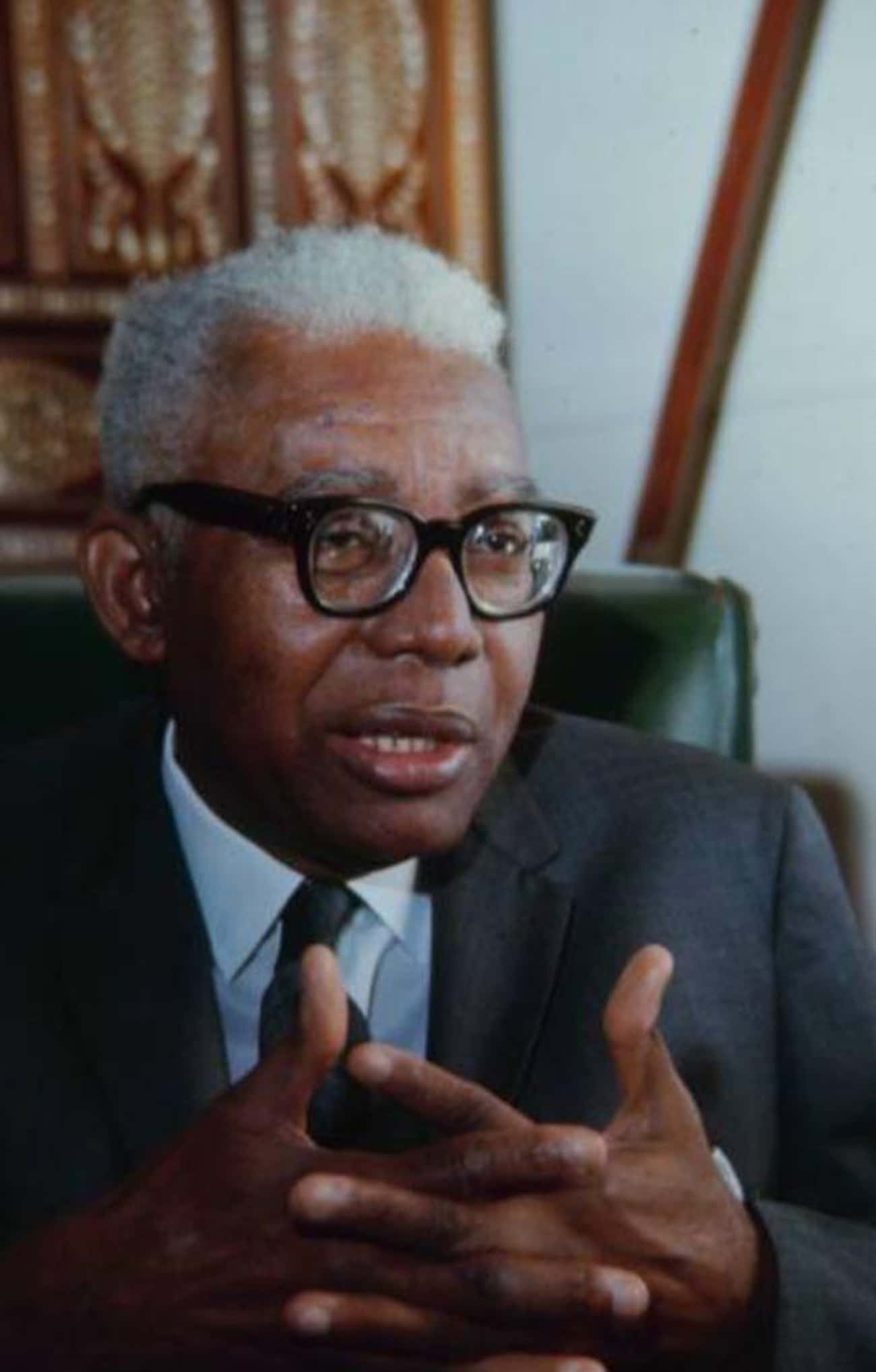
Source: Volcaniapôle/Wikimedia Commons/Public domain
Even more bizarrely, he ordered the killing of all black dogs upon hearing a political rival had used voodoo to transform into one. Despite surviving at least six assassination attempts, Duvalier died of illness in 1971.
Albania's Obsession with Defense: A Costly Strategic Error
Enver Hoxha, Albania’s strongman leader, believed that the nation must be self-reliant in defense from NATO and Soviet enemies. To this end, he ordered the building of 750,000 concrete domes to be defended by poorly trained, weaponless reservists.
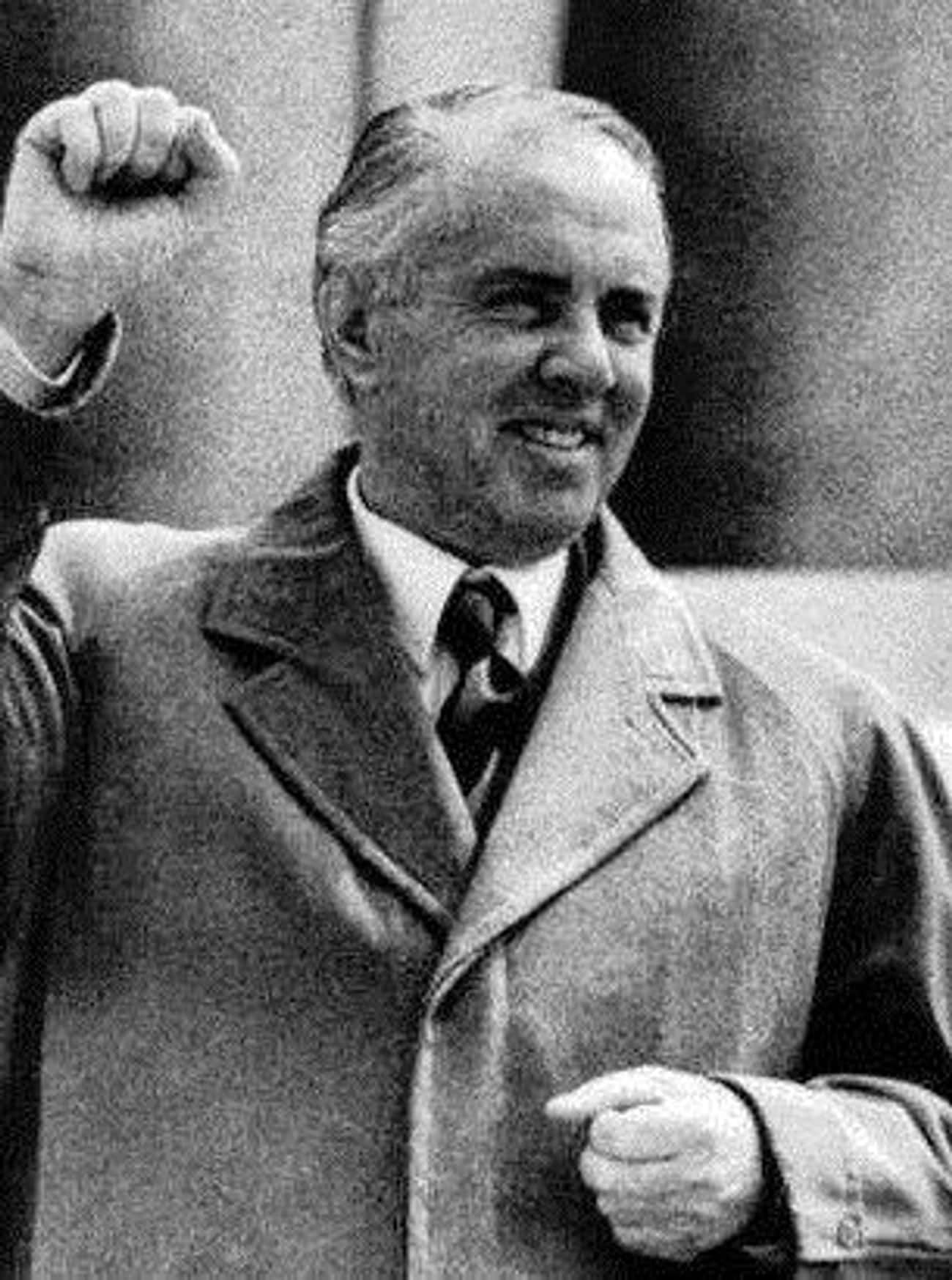
Source: Forrásjelölés Hasonló/Wikimedia Commons/CC-BY-SA 3.0
This massive endeavor consumed a quarter of Albania’s budget, leaving the country with a housing shortage, crumbling roads, and hundreds of thousands of useless eyesores. In the end, it was a strategic error as the bunkers never fired a single shot. To this day, some have been used as tourist attractions, while others have become filled with human waste or have been bombed. Yet, this costly military project still serves as a reminder of Hoxha’s obsession with defense.
Falling for American Junk Food: Saddam's Surprising Snack Addiction
Once the 20th century dictator Saddam Hussein was captured, he developed an unexpected love for American junk food, particularly Doritos. According to the Pennsylvania National Guard troops who were assigned to protect the compound where Saddam was held, he could finish a family-size bag of Doritos in just ten minutes!

Source: Iraqi TV/Wikimedia Commons/Public domain
While he also enjoyed Raisin Bran for breakfast, he apparently couldn’t stand Fruit Loops. This surprising snack addiction was a far cry from the lavish tastes Saddam had become accustomed to.
